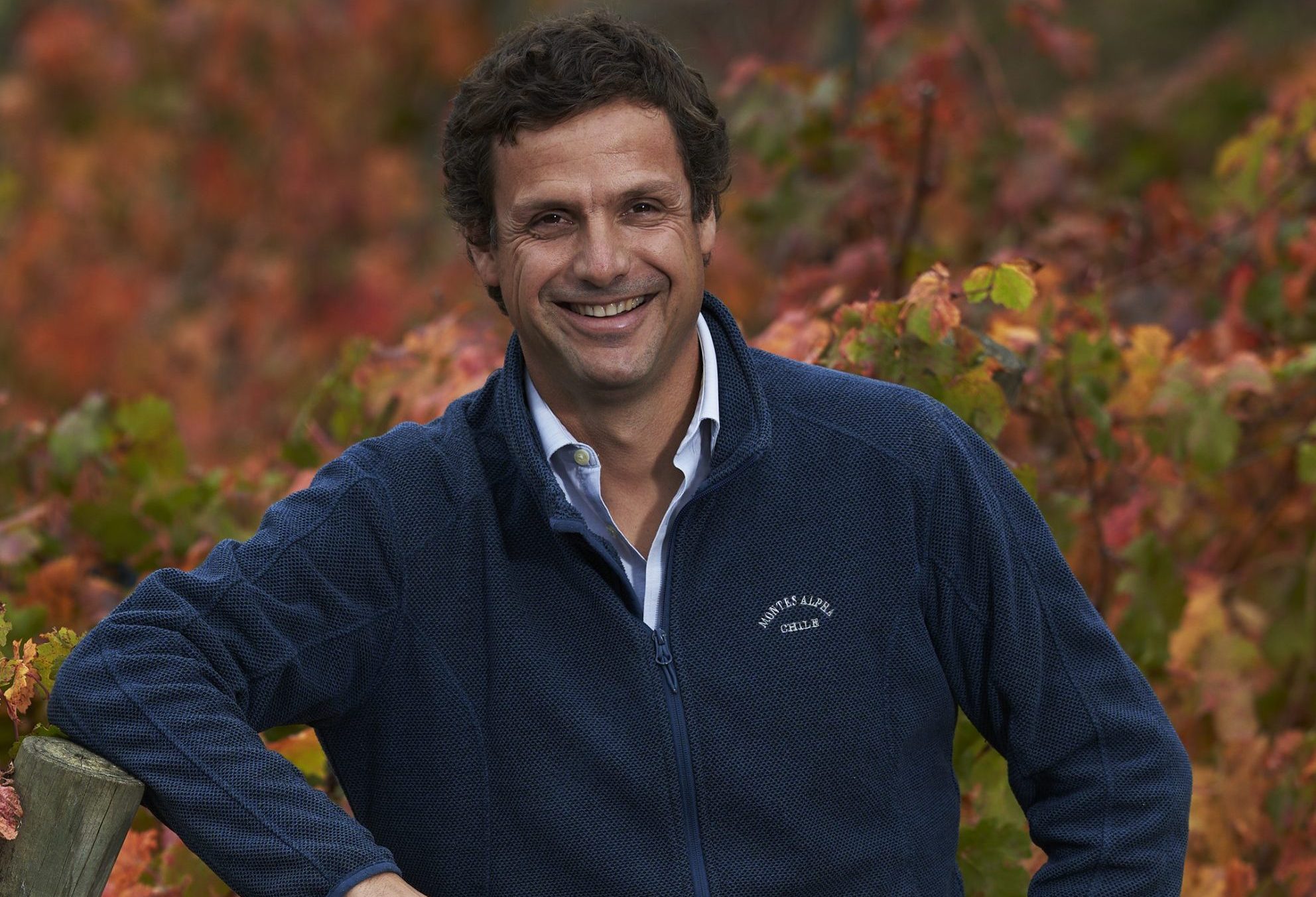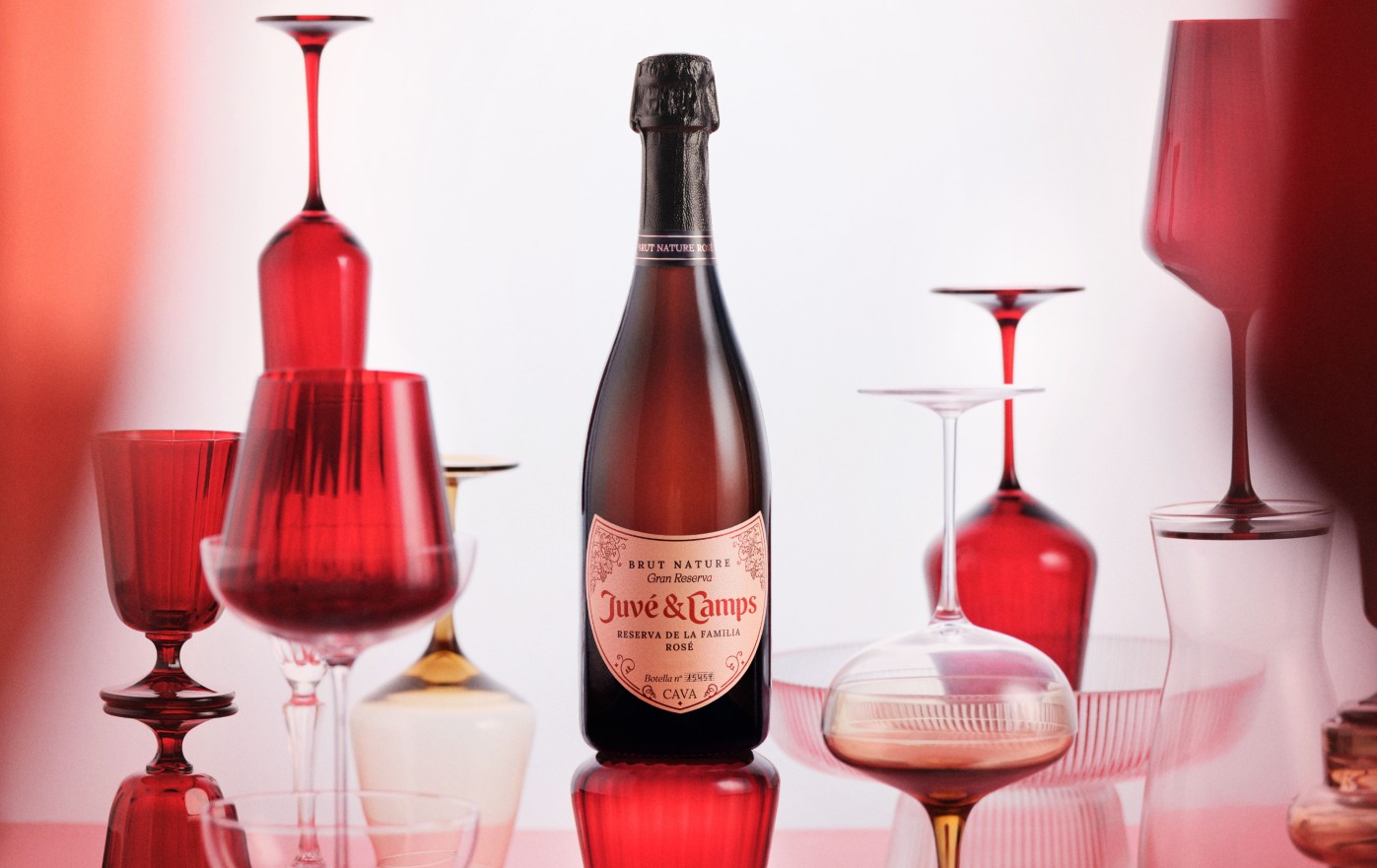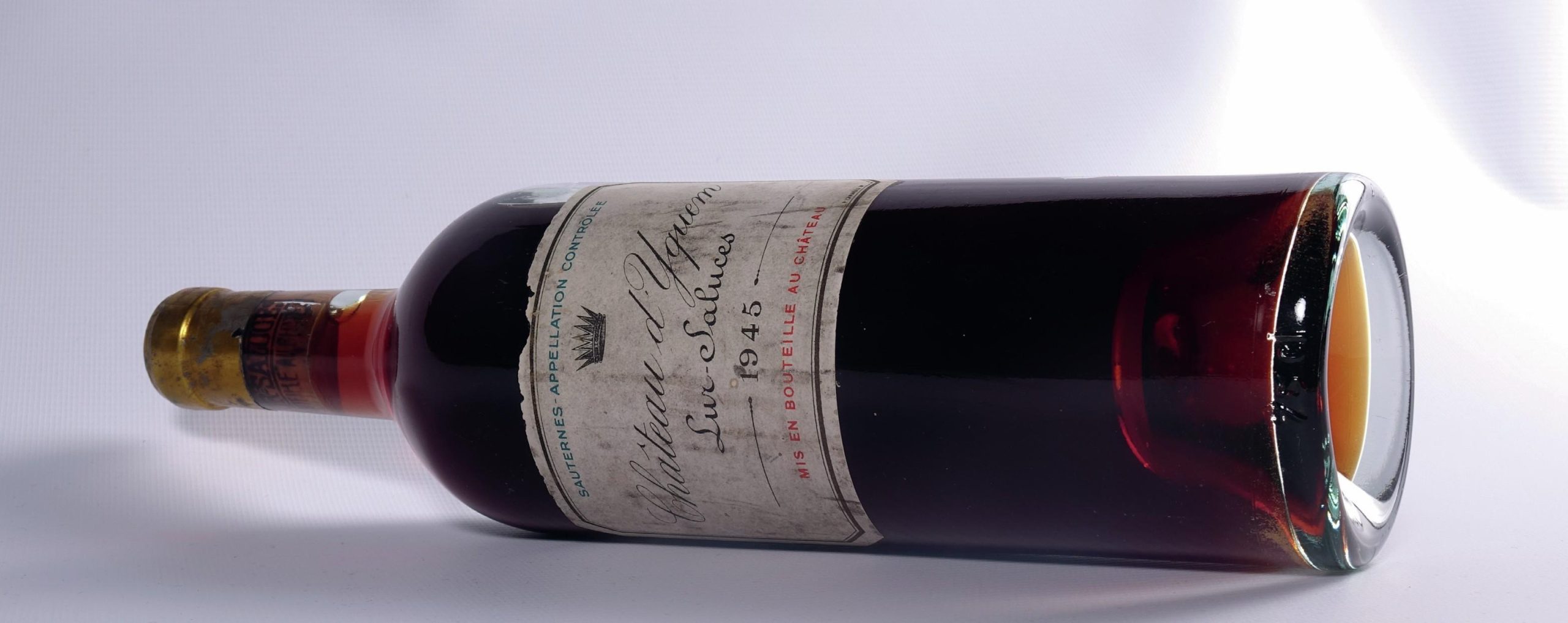PBS film shines light on Mexican migrants in California wine country
Roger Morris takes a look at PBS’ latest documentary, which shines a light on the role of immigration in two of the most important winemaking regions in the USA.
Harvest Season, a documentary by director Bernardo Ruiz airing at 10 p.m. ET tonight (Monday, 13 May) on PBS, tells the story of a year in the vineyards and wineries of Napa Valley and Sonoma County from the point of view of Mexicans and Mexican Americans who have long been the backbone of the industry, rising over the years from primarily vineyard workers – a role they still dominate – to increasingly becoming winemakers and winery owners.
The beauty of the film is that in doing so, Ruiz strikes a very positive approach to progress being made, without glossing over the sins of the past and present.
His is not a political film, but rather one that tells its story via the vineyards – from winter pruning in 2017 to winter pruning 12 months later – and through the eyes and words of four people. He does this with an amazing accuracy about the wine business, while drawing viewers into the people’s lives and their work, shows Ruiz’ strength as a director.
The film follows Rene Reyes who, in his 30’s, makes his first journey to California on a work visa, sending money back to his growing family in Zamora near Mexico City. He is a quiet but determined man who radiates warmth and intelligence. Then there are two winegrowers – Vanessa Robledo in Sonoma and Gustavo Brambila in Napa – whose stories are similar, yet different. Robledo’s family has been in the wine business for generations, but she had to make a choice, she tells us, when her father decided to give her job as winegrower at the family vineyards to her brother when he became interested.
Hispanic women in California are increasingly showing determination to overcome racism and sexism to lead family wine businesses, so rather than accept the familial slap in the face, Robledo now owns her own winery with her mother at her side.
Brambila is the embodiment of the history of modern vine growing in Napa Valley, having worked at Chateau Montelena with Mike Grgich when Grgich made the Chardonnay that won the Judgment of Paris historic competition in 1976. He joined Grgich when the latter founded Grgich Hills winery and then later set out on his own.
The fourth person in the cast is Angel Calderon, who runs a worker housing facility partially funded by the large wineries that charges tenants $14 a day for room and board. Calderon, a quiet-spoken man, also serves as sage and mentor to workers such as Reyes.
The film has no narrator, and a sequence that shows a solitary Calderon wordlessly watching President Trump speaking about Mexicans from a television on the opposite wall is priceless.
Partner Content
There was an unexpected entry in the arc of making the film when the devastating forest fires struck Napa and Sonoma during the 2017 harvest, and Ruiz’ footage is compelling as it documents both the rage of the fire and the determined response of the community.
“I thought I had wrapped everything up when the fires broke out,” Ruiz said during a phone interview from Mexico City where he at a work on his next project, a documentary for ESPN about the legendary distance runners of northern Mexico.
“I shot footage of the fire for days and days,” he says, “and I think how the community responded to it was very impressive.”
Ruiz says he had long been interested in the dominant role Mexicans have played in California wine industry, and he briefly touches on the controversial braceros program and brings the viewer up to date on the immigrant battle being fought at the border by the Trump Administration.
“I was surprised that the story hadn’t been really told,” he says. “I spent about two-and-a-half years on the project before I started shooting.” His decision to let the story tell itself without narration and with minimal dialog, works beautifully. “My goal was to be true to [cinema] verite,” Ruiz said. “I would have lost viewers if I had been too strident.”
Harvest Season will be available simultaneously for online streaming at pbs.org free for 30 days. Then the film will be available to buy on PBS’ streaming platforms (Amazon Prime, Comcast, and iTunes).





Extremely well filmed moving story. Covers a great deal of territory as to the migrant contribution and the investment made thru their hard work to grow Napa Valley with their own farming and wine-making.
The ending is devastating. This is the LINK TO WATCH THE SHOW NOW https://www.pbs.org/video/harvest-season-be3aoh/ Available for free until mid June at PBS. I worked the fields with migrants on our farm during the 1950s-1960s. My dad taught me to respect the workers and pay attention to how they live out of pickup trucks with their families but always come to town clean and well dressed. I tried to bring two workers with me to a dance hall once, Camp Washara in Wautoma Wisconsin. Three toughs jumped up to deny us entrance because of the two Mexicans.The Mexicans took off not wanting trouble while I objected, so the three white kids beat me up. The police officer working detail eventually came over to break it up. I knew him well and I asked, “John, why didn’t you stop those guys or arrest them?” John just grunted and ordered me to find my Mexican friends and get the hell out of there or he’d arrest me. He said one of the boys beating me up is the son of the owner of the dance hall and the last thing my good friend the police officer wanted was to lose his profitable police detail. John explained, “I got a family to support and I ain’t gonna risk that for a couple of Mexicans”. Times have changed. There are many Mexican businesses with year round homes in Wautoma today. The only bad news is the racist who got elected.